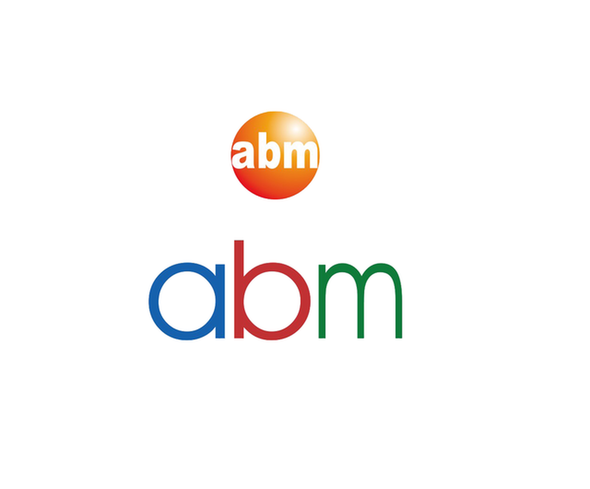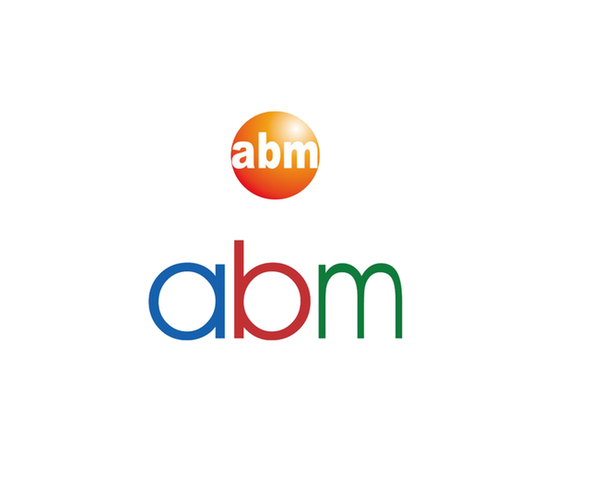abm human recombinant protein
Recombinant Human BMP-3 beta (GDF10) | Z100095
- SKU:
- Z100095
- Availability:
- 5 to 7 Days Shipment
Description
abm | Recombinant Human BMP-3 beta (GDF10) | Z100095
BMPs are proteins that act to induce the differentiation of mesenchymal-type cells into chondrocytes and osteoblasts before initiating bone formation. They promote the differentiation of cartilage-forming cells and bone-forming cells near sites of fractures but also at ectopic locations. Some of the proteins induce the synthesis of alkaline phosphatase and collagen in osteoblasts. Some BMPs act directly on osteoblasts and promote their maturation while at the same time suppressing myogenous differentiation. Other BMPs promote the conversion of typical fibroblasts into chondrocytes and are capable also of inducing the expression of an osteoblast phenotype in non-osteogenic cell types. Intracellular signaling following engagement of receptors for some BMP proteins has been shown to involve the action of SMAD proteins. BMP3 is a glycoprotein that is identical with osteogenin. Human and rat mature proteins are 98% identical.
Functions:
Not available.
Organism:
Human
Source:
E. coli
Alias:
BMP-3B, BMP3, BIP, Growth/differentiation factor 10, GDF-10
Recombinant Human Bone Morphogenetic Protein 3B (GDF10)
Gene Symbol:
GDF10
Gene ID:
2662
Accession:
P55107
Formulation:
Recombinant BMP-3b was lyophilized from a 0.2 μm filtered 1.0 mg/mL 10 mM sodium citrate (pH 3.5) containing 10% glycerol.
Solubility:
A quick spin of the vial followed by reconstitution in distilled water to a concentration not less than 0.1 mg/mL. This solution can then be diluted into other buffers.
Appearance:
Lyophilized Powder
Molecular Weight (kDa):
13
Molecular Weight 2 (kDA):
N/A
Molecular Weight 3 (kDA):
N/A
Purity:
>95% as determined by SDS-PAGE
Concentration:
<1.0 EU/μg of recombinant protein as determined by the LAL method.
Shipping Condition :
Ambient Temperature
Storage Condition:
Upon reconstitution, this cytokine can be stored in working aliquots at 2° - 8°C for one month, or at -20°C for six months. Avoid repeated freeze/thaw cycle.






